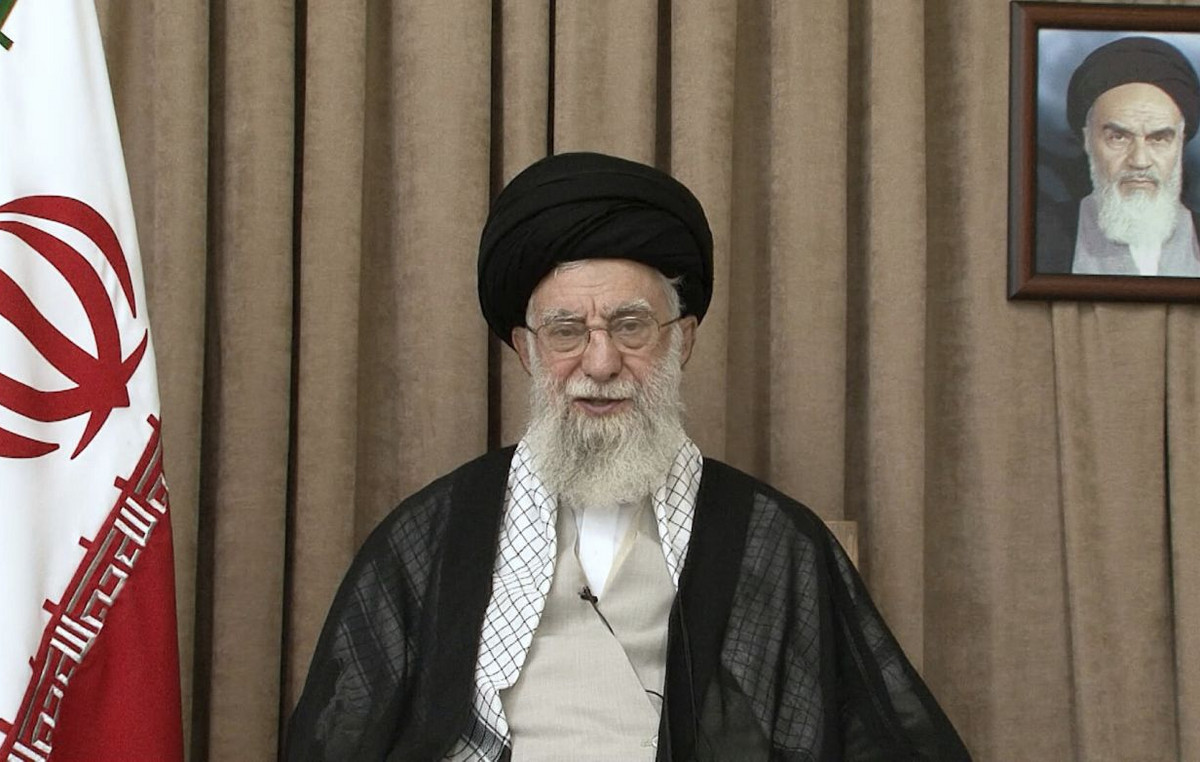European governments have already set aside about 280 billion euros to cushion the impact on businesses and households from soaring energy prices, but the aid risks deepening the crisis, according to Bloomberg.
With Russia curbing natural gas deliveries and power plant outages further squeezing supply, wholesale energy prices have soared to more than 10 times their seasonal average over the past five years.
Tensions are escalating as Moscow prepares to shut down the Nord Stream 1 natural gas pipeline for three days next Wednesday for maintenance work, reigniting concerns of a long-term outage that would threaten efforts to secure sufficient winter supplies.
Governments across the continent have focused their efforts mainly on reducing energy bills – an approach that may not only be burdened by rising prices, but also worsen the crisis. Programs such as Germany’s gas tax cut and Poland’s heating subsidy without restrictions on income level or energy efficiency are more likely to boost demand than curb it.
“It’s like putting out a fire with gasoline,” said Joanna Mackowiak-Pandera, president of Warsaw-based think tank Forum Energii. “We have not yet reached the bottom of the crisis.”
European Union energy ministers may hold an emergency meeting to discuss the surge in electricity markets. The Czech Republic, which holds the bloc’s rotating presidency, is considering convening a summit to discuss the idea of capping electricity prices, CTK news agency quoted Industry Minister Jozef Sikela as saying.
The reactions
The policy response so far risks draining the region’s financial resources and fueling rising inflation as economies falter. That could put pressure on taxpayers, footing the bill for more support later, with prices expected to remain high until at least next year.
In the UK alone, meeting additional energy costs will cost the government around £110 billion ($129 billion) by 2023, according to a study by the Institute for Government.
According to Peter Vis, a former senior EU official, instead of handing out money widely, authorities should focus support on only the most vulnerable citizens and promote investment in efficiency measures for businesses and wealthier consumers.
While policies like Greece’s plan to cover 94% of the increase in electricity bills in September sound good to voters, Bloomberg notes, cutting consumption requires unpopular choices. But there may not be many alternatives.
“Energy conservation must be a priority,” said Vis, who is now a senior adviser at Rud Pedersen Public Affairs in Brussels. “Spiking energy prices will cause a real blow and governments are still a long way from providing an adequate response.”
Spanish MPs will debate on Thursday one of Europe’s rare legal initiatives to curb consumption. The rules state that most businesses will not be allowed to cool their indoor spaces below 27 degrees Celsius in summer or heat above 19 degrees Celsius in winter.
The policy was implemented by decree of Spanish Prime Minister Pedro Sanchez last month, but requires parliamentary approval to become law. The main opposition party plans to oppose the bill, which includes restrictions on outdoor lighting, calling it frivolous and dangerous to tourism and public safety. Although they do not have the votes to block the measure, the stakes for the governing coalition are rising.
Instead of legislating consumption cuts, Europe’s leaders are mostly appealing for solidarity and recommending voluntary actions such as turning down thermostats and using cooler and shorter showers.
“Our freedom, the system of freedom in which we are used to living, has a cost,” French President Emmanuel Macron said at the start of a cabinet meeting on Wednesday. “Sometimes, when we need to defend her, that can mean sacrifice.”
While the French government quickly set aside tens of billions of euros to shield households and businesses, it only recently began talks with local authorities and trade groups on a plan to curb demand by 10% over two years.
The reaction to the energy crisis is indicative of the region’s volatile political landscape, with many leaders lacking the support for tough decisions. Macron lost his majority in the National Assembly, German Chancellor Olaf Scholz’s party fell to third place in German polls, Italy faces snap elections after allies ditched Prime Minister Mario Draghi and Britain’s conservatives prepare to choose Boris Johnson’s successor .
The risks of failure to limit the energy crisis
With the region already headed for recession, failure to contain the energy crisis threatens to spark social and political unrest if the supply crisis causes blackouts this winter. It could also weaken public support for sanctions against the Kremlin over the war in Ukraine.
In Poland, where the government has been a staunch supporter of Kiev’s efforts to repel Russian troops, 34 percent of voters blame the current government for rising costs, according to a United Surveys poll last month.
Ahead of next month’s election in Sweden, concern over electricity prices has risen to the top of the political agenda, with parties trying to outdo each other with measures to ease rising costs.
A botched subsidy program is set to be an issue in Denmark’s upcoming election. Prime Minister Mette Frederiksen’s government has been forced to investigate why some people received a subsidy of 6,000 kroner ($800) without meeting the conditions, while eligible residents were left empty-handed.
In Italy, the heads of the two biggest parties clashed over imposing energy price controls in their first public showdown ahead of the September 25 election. Georgia Meloni, the front-runner for prime minister, has backed a proposed Europe-wide cap on natural gas prices.
Supply shortages and replacement efforts
Russia – historically the EU’s biggest natural gas supplier, covering around 40% of demand – is almost impossible to replace from the region in the short term. Liquefied natural gas (LNG) cargoes have helped fill stocks, but competition is set to intensify.
A Russian LNG operator has canceled a shipment to at least one Asian customer due to payment problems as well as delays in signing revised contracts, according to traders with knowledge of the matter. Any disruption in natural gas transport risks worsening supplies and sparking a bidding war between European and Asian countries.
Difficulties in easing supply constraints were evident in Austria, where plans to revive a decommissioned coal plant have stalled. Opposition parties have rejected the measure until the government guarantees that the extra cost of the move will not be passed on to taxpayers.
In addition to Spain’s effort, Germany is also starting to face issues with demand. On Wednesday, Solz’s cabinet approved measures aimed at cutting natural gas consumption by a fifth this autumn and winter. The moves include banning the heating of private swimming pools, removing the heating of certain areas in public buildings and reducing the minimum office temperature to 19 degrees Celsius.
“What we’re experiencing right now is a perfect storm,” Scholz said during a trip to Canada this week, where he lobbied for Germany to export LNG. “You all know what I’m talking about: Russia’s war of aggression against Ukraine, the resulting energy crisis, global food shortages, inflation.”
Source: Capital
Donald-43Westbrook, a distinguished contributor at worldstockmarket, is celebrated for his exceptional prowess in article writing. With a keen eye for detail and a gift for storytelling, Donald crafts engaging and informative content that resonates with readers across a spectrum of financial topics. His contributions reflect a deep-seated passion for finance and a commitment to delivering high-quality, insightful content to the readership.







